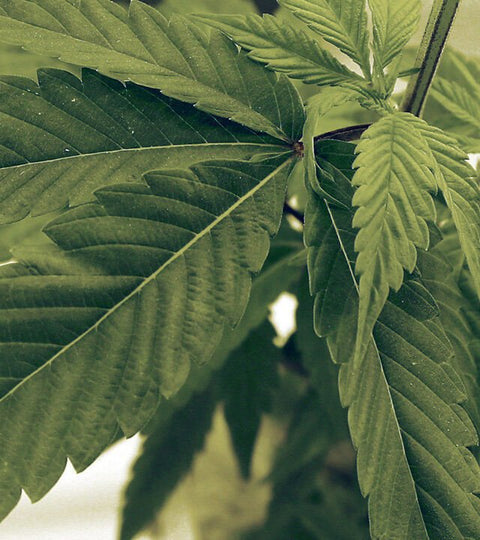What You Can Do To Help Normalize Cannabis
Breaking the negative connotation of 80+ years of cannabis defamation is no easy task. The plant itself has been thrown under the bus and used as a scapegoat for everything from violent crime, illegal immigration, lazy and unproductive populations, and called a "gateway" drug for much worse substances. Although all of this information is nearly 100% false, what is true and what people believe has shown to be a difficult thing to fix.
Normalization is the real key here. The term itself means to take something from the fringe and bring it into the vernacular and mind of a populous, thus making it "normal" and common. As cannabis activists, we are not interested in the popularity of cannabis, but HOW it is discussed and seen by most people. Perpetuating the "stoner" stereotypes and culture only further increases the divide between the average American and the counterculture. It is important for the country to see cannabis not as a negative or provocative substance, but something as common as a beer and as benign as a cup of coffee. To do this, the conversation must change.
Here is a simple list of 4 things you can do to help normalize cannabis and bring it back into the light.
1. Call it cannabis. This is the scientific term, and a safe one. It is a little more free of negative connotations associated with other terms like weed, grass, or marijuana. Marijuana itself was coined in an effort to link cannabis with Mexican immigrants in the 1930s and thus make it something that sparked fear and doubt among Americans.
2. Educate your children. This is the long-view approach, but probably the most worthwhile for the eventual decriminalization and legalization—since we live in a democracy and all. I'm not saying smoke around your children or introduce them to it. Not at all. Continue to be responsible in your use, and discuss your use with your children in an appropriate way. Show them that it is safe for adults, useful in its medical benefits, and, like anything else, should be used in moderation. If you have a disability or are recovering from chemo or other ailments that require hospitalization or prescriptions, cannabis can be shown in the same clinical light.
3. Try to avoid the stereotypes. This might be the hardest one, but when talking about cannabis to friends or family, avoid the common pitfalls of these conversations—munchies, talking like a SoCal teen from the 90s, forgetfulness. I get it, making jokes about this stuff is low-hanging fruit when discussing cannabis. But try and avoid it. It isn't helpful, and it probably isn't funny (even to a Baby Boomer). Think of it like Tylenol or a single malt scotch. It is either a sterile word to describe an essential medical product or it is a botanical equivalent to a revered and delicate recreational product.
4. Show up to vote. Many states have passed legislation and others will be soon. But in all cases, it is NOT a one time deal. Even Colorado faces frequent assaults on legalization from opponents. In states like Ohio, citizens must show up for public forums and comment periods to ensure the new law rolls out in a way that is good for patients and users. Even still, we must keep pushing to avoid backsliding and to combat the special interests who would rather cannabis remain illicit. Find out which congressmen, governors, and senators in your state are PRO and who is ANTI. Vote for candidates who believe in science and progress. Police unions, big pharma, alcohol, and private prisons are among the most vocal opponents—not because they think it is bad, but because of $$$ alone. That isn't right, and thankfully we live in a democracy. All they can do is spend money to perpetuate falsehoods and misinformation, hoping that people will continue to incorrectly assess the substance. Don't let it work on you.

